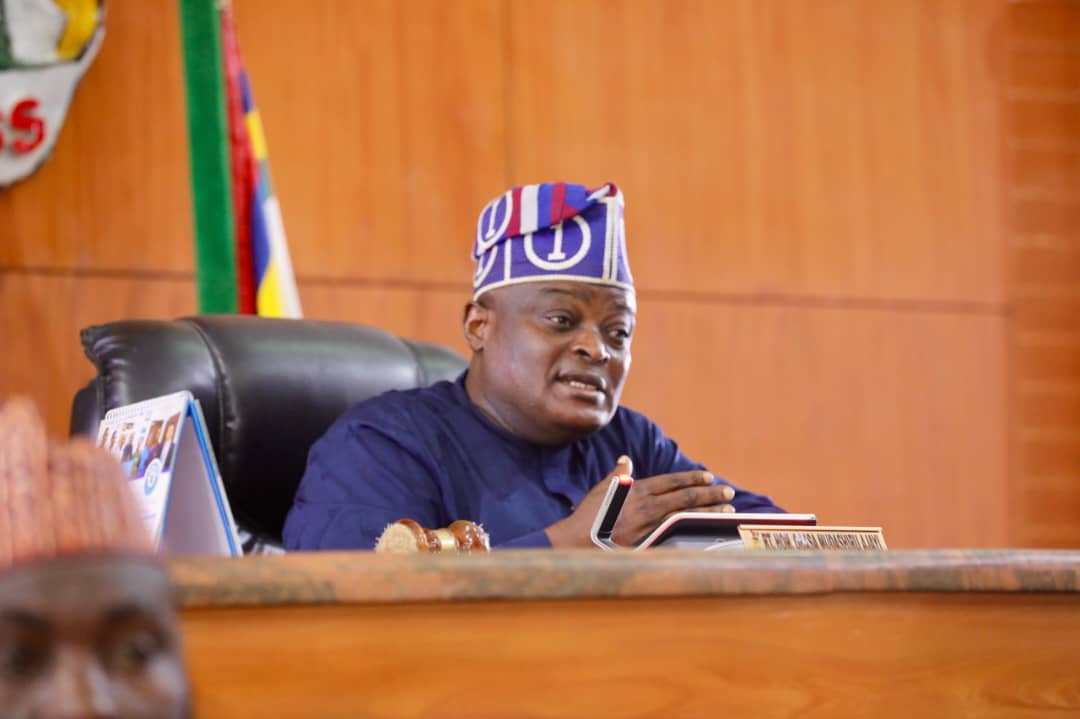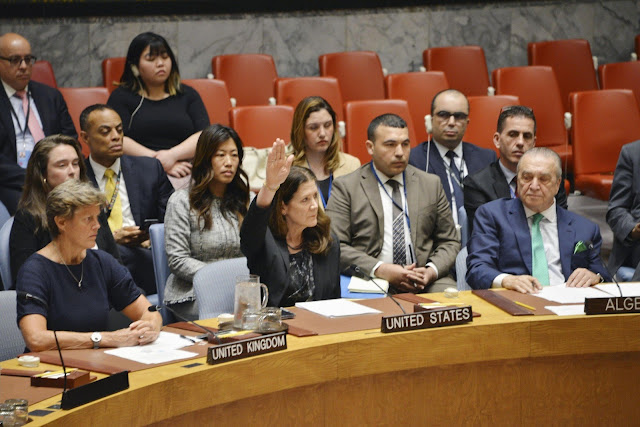
Towards improving the typically fractious landlord-tenant relationship in Lagos State, a bill for a law to regulate the relationship between the two parties, including the procedure for the recovery of premises, has scaled through second reading during plenary on Thursday in the House of Assembly.
If passed into law, the bill, which seeks to redefine the legal framework governing tenancy agreements, rights, responsibilities, and the processes for eviction in the state, will ensure that all stakeholders —tenants, landlords, and agents— understand their rights and obligations.
Providing an insight into the bill, Hon. Sa’ad Olumoh (the Member representing Ajeromi-Ifelodun Constituency 01) noted that the proposed legislation is designed to bring clarity and sanity to tenancy matters in Lagos State.
Also, the bill, he said, will promote harmony between landlords and tenants by unambiguously stipulating defined payment structures such as annual and monthly rent options, procedures for eviction notices, and the roles and responsibilities of agents, landlords, and tenants, while providing legal clarity for the courts in adjudicating tenancy-related disputes.
Similarly, Hon. Aro Moshood (the member representing Ikorodu 02) described the bill as timely and people-oriented, and argued for the provision of an enforcement body that can discipline landlords who collect arbitrary rents beyond what the law prescribes.
He added that the law will ease the burden on tenants and help them plan their finances without undue pressure.
Describing the bill as a welcome development because it spells out the rights of landlords including issues around tenement rates, land use charges, and other levies while also affirming the rights of tenants and the jurisdiction of the courts in tenancy matters, Hon. Femi Saheed (the member representing Kosofe 02) said, “This law is long overdue and will modernize housing relationships in Lagos.”
Other members who spoke in favour of the bill lauded it for being inclusive and comprehensive because it addresses all aspects of tenancy, from agent engagement to rent payment terms and dispute resolution.
In his remarks, the Speaker, Rt. Hon. (Dr.) Mudashiru Ajayi Obasa noted the necessity of considering both tenants and landlords.
He urged the House to consider tenants who may only be able to pay rent upon receiving End-of-the-Year bonuses and annual Leave allowances.
Speaker Obasa also highlighted the rising cost of building materials and the importance of rental income for many landlords. He, therefore, stressed the need for the government to review its promises on housing delivery and ensure they are fulfilled.
Following the conclusion of deliberations, the bill was committed to the Committee on Housing for further legislative scrutiny. The Committee is expected to report back in three weeks.
Meanwhile, Speaker Obasa has promised that the House will continue to make laws that will benefit society.
He stated this during the second reading of “A Bill for a Law to Provide for the Registration of Marriage and Dissolution of Marriage (Except Marriage under the Act) in Lagos State and for Other Connected Matters.”
The proposed bill aims to streamline the legal framework for marriage documentation and ensure accurate record-keeping for marriages and divorces across the state, including for administrative and official verification purposes.
Speaking on the bill, Hon. Oladipo Ajomale, the Oshodi Isolo 02 representative, stated that many marriage-related legal cases are often complex for legal practitioners due to unclear documentation.
Therefore, he said that if this bill is passed into law, it will simplify legal processes around marriage registration and dissolution; assist embassies and foreign missions in verifying marital status during visa applications, and support uniform marriage record systems especially across the IBILE division (Ikorodu, Badagry, Ikeja, Lagos Island, and Epe).
Hon. Abiodun Tobun (the member representing Epe 01) described the bill as progressive and in line with modern standards of marriage regulation, as it provides both husband and wife with a clear understanding of their rights under customary marriage and empowers them to enter and exit marriages within the boundaries of the law.
However, he expressed concerns over individuals who interfere with marriage proceedings and suggested that the bill should include penalties for such intrusions.
Emphasising the need for a proper marriage database, Hon. Bonu Solomon (Badagry Constituency 01) noted that Lagos State is moving towards aligning with global best practices in marriage regulation.
While noting that any marriage dissolution must go through a court intervention for legality and fairness, Hon. Solomon proposed that sanctions for single mothers who end marriages without legal backing and husbands who neglect their marital responsibilities should be included in the Bill.
Hon. Omolara Olumegbon (the member representing Lagos Island 01) pointed out the importance of child welfare and called for the inclusion of a provision for full child support, especially in cases of broken marriages, to ensure that minors are adequately cared for under the Law.
Speaker Obasa, thereafter, committed the bill to the Committee on Judiciary, Human Rights, Public Petitions, and the Lagos State Independent Electoral Commission (LASIEC) for further deliberations.





